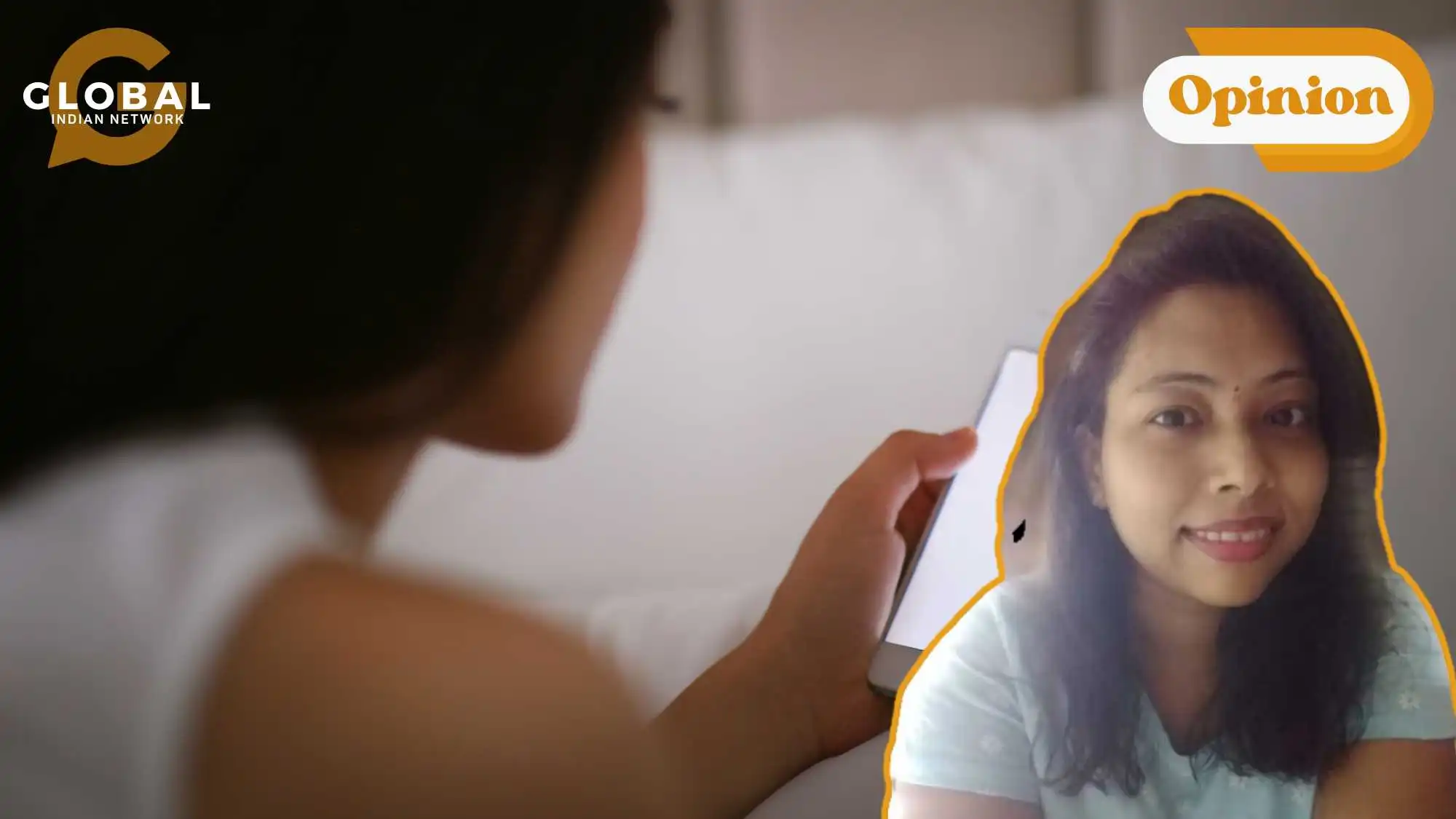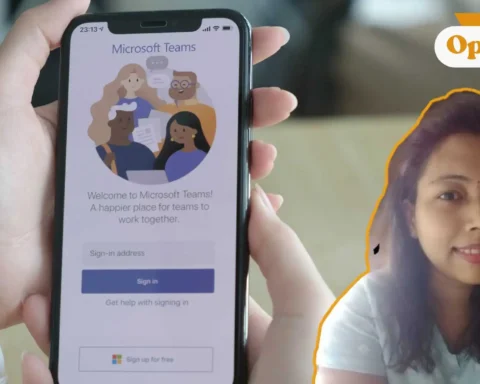Phone glued to your hand? Panic when it's not within arm's reach? Yeah, we've all been there. But hold on, you might be a genuine victim of nomophobia – the fear of being without your mobile device. Before you self-diagnose, there's a twist! Turns out, this phone obsession might be more complex than it seems. Let's dive into the weird world of nomophobia and see if even the scroll masters among us are truly safe.
Its Origin
In our hyper-connected world, smartphones have become an extension of ourselves. They are communication hubs, entertainment centres, and gateways to information. But for some, this reliance takes a turn towards anxiety – the fear of being without a mobile phone, or nomophobia.
The term itself is a relatively recent invention. Coined in the UK in 2008 during a study by YouGov. NOMOPHOBIA (NO-MOBILE-PHONE PHOBIA)], nomophobia is a combination of "no mobile phone" and "phobia." The study revealed that nearly 53% of participants reported feeling anxious or stressed when separated from their phones. This highlights the growing dependence on mobile technology and the potential anxieties associated with its absence.
Latest Stats
As of 2024, approximately 4.88 billion individuals possess smartphones, marking a 635 million new users rise within the last year (from 2023 to 2024). The global count of smartphone users has surged 2.15 times since 2020, introducing 2.61 billion fresh smartphone owners into the mix.
As per the International Telecommunication Union (ITU), the number of mobile subscriptions globally surpassed 8.58 billion in 2022, exceeding the global population of 7.95 billion by mid-year.
Globally, 79% of individuals aged 15 to 24 utilise the Internet, which is 14 percentage points higher than the usage among the rest of the population (65%). This generational gap has remained consistent over the past four years and is evident across all regions. In high-income and upper-middle-income economies, universality, defined as internet usage by at least 95% of the population, has already been attained by this age group.
Research by the European Journal of Investigation in Health, Psychology, and Education suggests a link between nomophobia and other mental health conditions like social anxiety, depression, and fear of missing out (FOMO).
Studies reveal a concerning rise in nomophobia, particularly among young adults. A 2021 review of 40 studies on young adults found nomophobia prevalence rates ranging from 15.2% to a staggering 99.7%.
Signs and Symptoms of Nomophobia
Nomophobia presents itself through various signs and symptoms. Individuals affected may constantly feel the need to check their phones, even without a specific reason. They may experience separation anxiety, feeling panicked or isolated when they're without their phone due to it being lost, stolen, or having technical issues.
This dependency on their device can disrupt their sleep patterns, either by using the phone before bed or waking up to check it during the night, resulting in fatigue and difficulty concentrating.
Moreover, excessive phone use may lead to social withdrawal, with individuals neglecting face-to-face interactions and social activities. Additionally, they may exhibit irritability and restlessness when unable to access their phone, feeling agitated or on edge until they can reconnect.
Why Are We So Dependent on Our Phones?
Our reliance on smartphones stems from several contributing factors. Firstly, the sheer convenience they offer as a comprehensive tool for communication, information access, entertainment, and navigation fosters a sense of dependence, making it challenging to envision life without them.
Additionally, the ubiquitous presence of social media platforms and messaging apps facilitates constant connectivity with friends, family, and communities, leading to a fear of missing out on significant updates or social interactions.
Moreover, the dopamine rush experienced through social media engagement and gaming exploits our brain's reward system, perpetuating a cycle of seeking out phone use for the pleasure it provides. Finally, in today's digitally interconnected world, the phone serves as a vital link to the external world, amplifying the fear of isolation or disconnection from our social circles, thus contributing to nomophobia.
The Impact of Nomophobia
Nomophobia exerts a significant impact on various aspects of our lives. It detrimentally affects mental health by instigating constant anxiety and fear, potentially leading to depression, heightened stress levels, and disturbances in sleep patterns.
Relationships may suffer due to excessive phone usage, as it impedes face-to-face interactions and fosters feelings of neglect among family and friends. Moreover, the incessant urge to check notifications and engage with the phone undermines productivity at work or school by disrupting focus. Furthermore, safety is compromised when individuals use phones while walking, driving, or crossing roads, increasing the risk of accidents and injuries.
Breaking Free from Nomophobia
Thankfully, there are strategies available to manage nomophobia and cultivate a healthier relationship with our phones. Establishing boundaries, such as creating phone-free zones during meals or social gatherings, can help reduce dependency.
Disabling unnecessary notifications minimizes distractions and the compulsion to repeatedly check our devices. Exploring alternative activities like hobbies, reading, or spending time outdoors offers opportunities for relaxation and connection beyond screens.
Seeking professional support from therapists or counsellors can be beneficial for those significantly impacted by nomophobia, as they can guide behaviour modification and coping strategies.
Ultimately, acknowledging and addressing nomophobia is essential in navigating our technology-driven world, empowering us to take control of our digital habits for improved well-being.
Forget the phone alarm! Next time that notification buzzes, hit snooze on nomophobia. Skip the screen and snag some real sunshine instead. Trade the morning scroll for a morning stroll. Your brain will thank you for the break, and who knows, you might even enjoy the fresh air and chirping birds (way more interesting than those app alerts).
It's a simple swap: fleeting phone highs for a real energy boost and a chance to reconnect with the world outside your pocket. So next time that beep begs for your attention, just breathe, step outside, and start your day phone-free.
Have you found this blog interesting? Let us know in the comments below.
If you have burning thoughts or opinions to express, please feel free to reach out to us at larra@globalindiannetwork.com.










